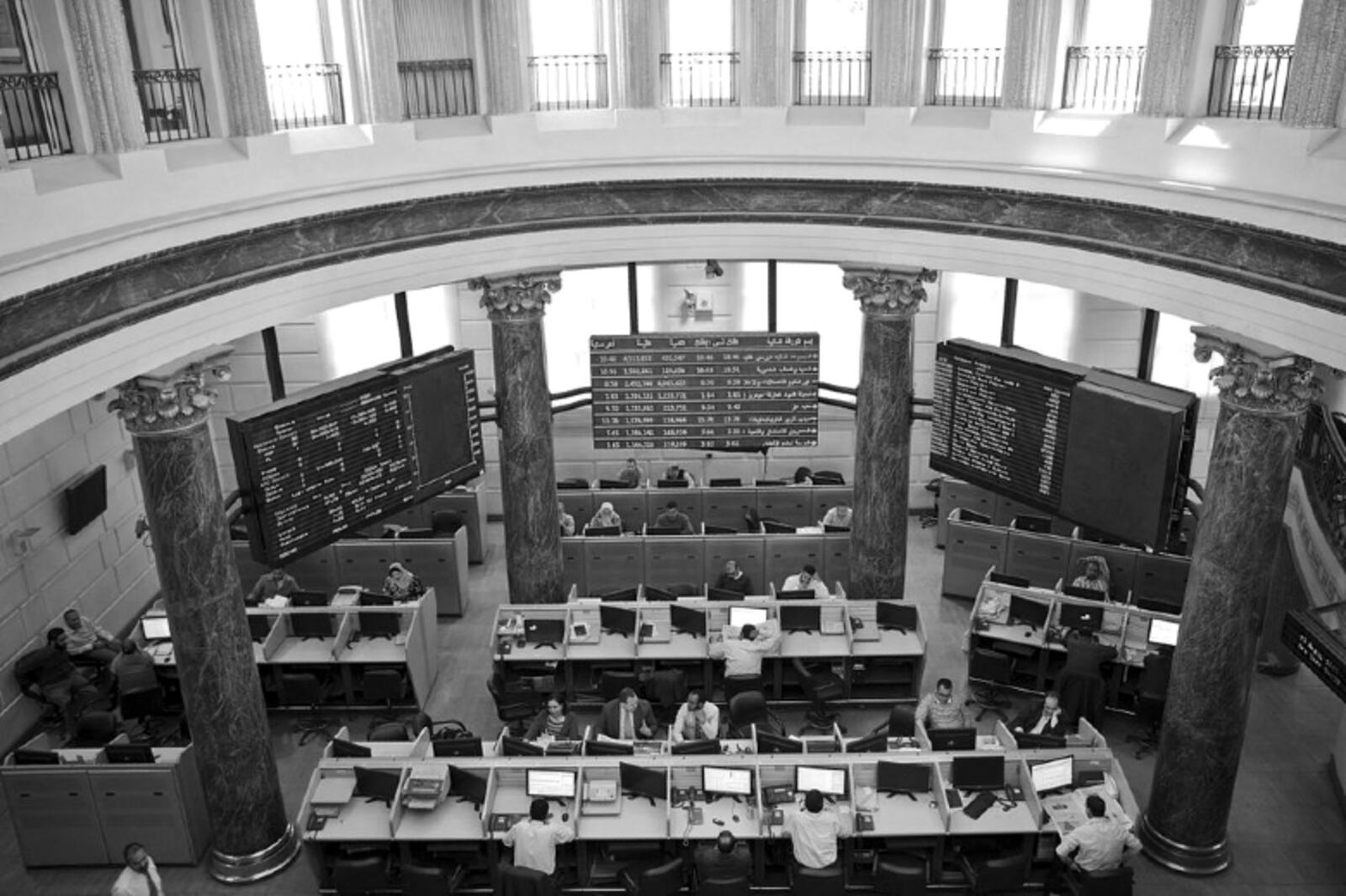Capital gains tax won’t put brakes on state IPO train -Tawfik

The state privatization program won’t be affected by the introduction of a capital gains tax on the EGX, Public Enterprise Minister Hisham Tawfik told CNBC Arabia. From January 2022, local investors will be required to pay a 10% capital gains tax on EGX transactions, a move that many in the finance industry argue will hit EGX trading volumes and weigh on new offerings on the exchange.
No time to tax? Tawfik downplayed the potential negative impact of the tax on the privatization program while conceding that “there is never an appropriate time to impose taxes.” The minister said that the EGX is currently in a relatively strong position, having seen major fluctuations in trading volumes over the past two years. The entry of new players will strengthen the bourse, which he said has largely struggled as the result of a lack of new offerings.
But no more delays: The government’s privatization program has seen multiple delays due to poor market conditions, and has produced just a single secondary sale by Eastern Company since launching in 2018.
This comes as five state-owned companies are preparing to list on the Egyptian bourse, which according to Tawfik should make their debuts by the end of the fiscal year in June 2022. There are also offerings in the pipeline for several large government-owned firms beyond that date, he said. First up is E-Finance, which is currently in the middle of book-building and is due to kick off the retail portion of its IPO later this week.
The finance industry has pushed back on the introduction of the tax, warning that the timing is unwise given that the EGX is still recovering from the impact of the pandemic. Head of industry lobby group the Egyptian Capital Market Association (ECMA) Mohamed Maher warned last month that the tax is being introduced at an inappropriate time while a small group of MPs plan to relitigate the policy in parliament over the coming weeks, claiming that trading volumes could drop precipitously if it goes ahead.
The tax was the securities industry’s idea in the first place, Tawfik said. The capital gains tax is being implemented at the suggestion of experts and traders on the EGX, Tawfik claimed, saying that ECMA had put forward the idea as a fairer alternative to stamp duty. He said that for traders, the 10% tax on net earnings would be fairer than a flat fee stamp tax that must be paid regardless of whether securities post gains or losses.
Though some prefer the idea of a flat tax: Among a small group of MPs who last week said they would draft legislation aiming to postpone the introduction of the tax for another year, some members had proposed that the government instead levy a development fee or stamp tax on market transactions. They have yet to make clear how their alternative taxes would be more palatable to local investors than what Maait is pushing through.
The EGX has hardly outperformed since Finance Minister Mohamed Maait announced its reintroduction on 22 September, falling around 1.6% over the past two weeks leaving it down 3.9% YTD. But the tax is not solely to blame for the dip: It’s likely that both retail investors and domestic institutions are liquidating positions so they have capital to sink into E-Finance’s IPO.